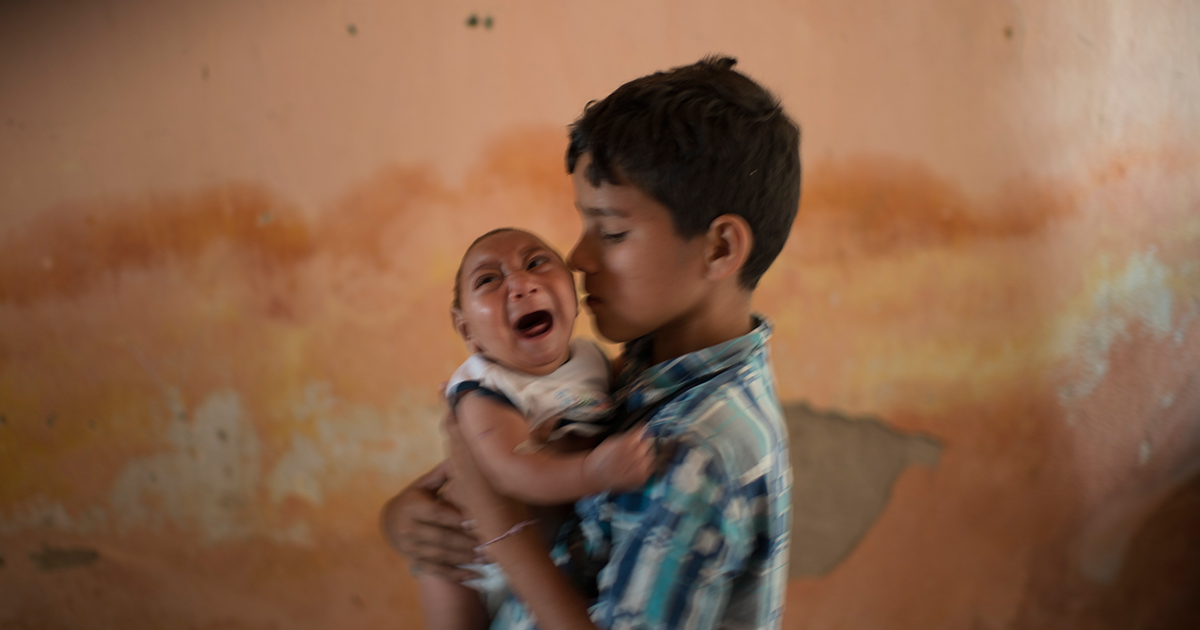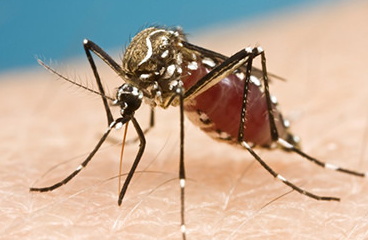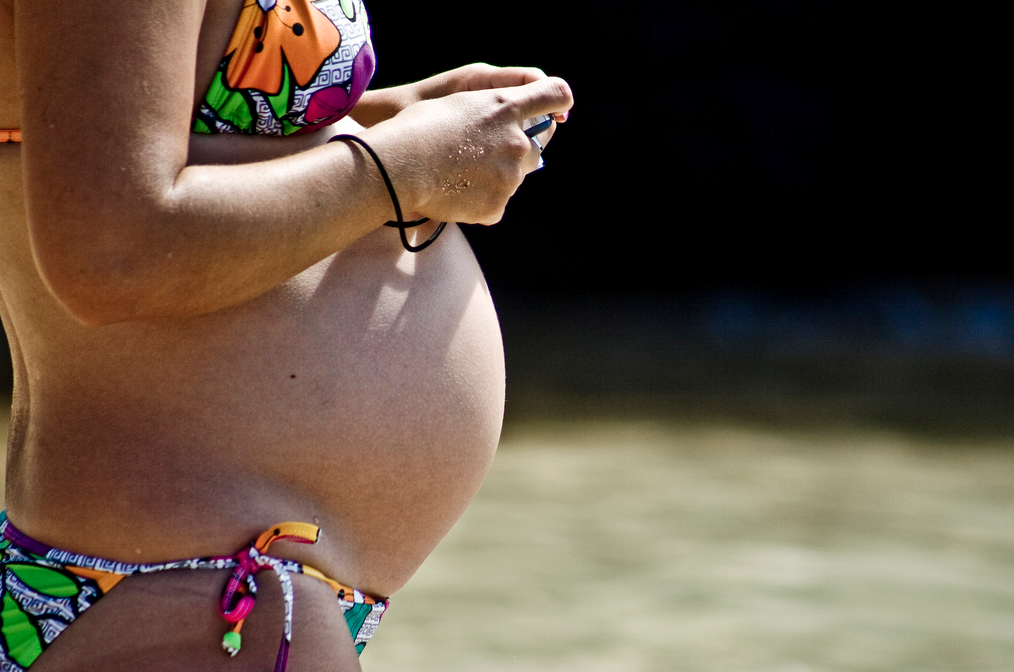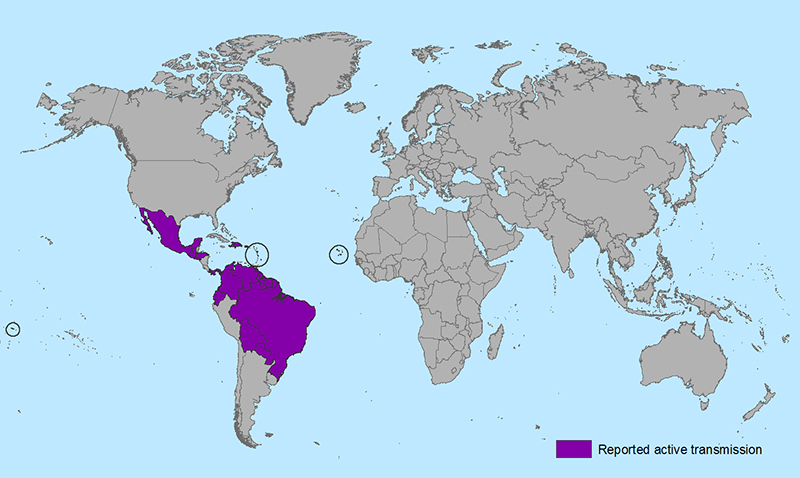Easy Ways to Prevent Getting Zika Virus

By:
With pervasive fears of contracting the mosquito-borne Zika virus, it's important to understand prevention.
 AP Photo/Felipe Dana - apimages.com
AP Photo/Felipe Dana - apimages.com
Active cases of the Zika virus have been found in 22 countries, and the virus is tied to birth abnormalities in babies living in Brazil. It is estimated that the virus could infect up to four million people in the Americas, according to the World Health Organization (WHO). The first case of Zika virus was just confirmed in California, and WHO director-general Margaret Chan just warned that it is "spreading explosively" in the Americas.
Of course, because Zika is a tropical virus that is mainly spread by mosquitoes, people in areas without mosquitoes and where Zika is not currently active don't have to worry as much about dodging the condition. However, people who became infected with Zika after traveling to areas where the virus is active could cause a local spread of Zika, according to the CDC. Here are some easy ways to avoid falling victim to the Zika virus.
1. Wear long sleeved shirts and pants
 Flickr/Day Donaldson - flickr.com
Flickr/Day Donaldson - flickr.com
Because there is no vaccine to prevent Zika, the "best way to prevent diseases spread by mosquitoes is to avoid being bitten," the Centers for Disease Control and Prevention (CDC) wrote on its site. In areas with active Zika cases, you can lower your risk of infection by layering up and giving mosquitoes fewer chances to come into contact with your skin.
"Protect yourself and your family from mosquito bites," the CDC states. "Wear long-sleeved shirts and long pants."
If you have a child, dress your offspring in long sleeved clothing that covers a lot of their skin. Also be sure to cover your crib, stroller, or baby carrier with mosquito netting, the CDC states.
2. Use Environmental Protection Agency-registered insect repellents
 Flickr/iwona_kellie - flickr.com
Flickr/iwona_kellie - flickr.com
The CDC recommends using EPA-registered insect repellents and following these simple directions:
- Follow the product label instructions.
- Reapply insect repellent as directed by the repellent.
- Avoid spraying repellent on the skin under clothing.
- Apply sunscreen before applying insect repellent if you're using both
The virus can be can also be "readily controlled through effective mosquito control procedures, such as destroying the infected insects and larvae, or insecticide use," as reported by the Guardian.
The CDC recommends not using insect repellent on babies younger than two months old. It's also crucial to avoid applying insect repellent onto a child’s hands, eyes, mouth, cut, or irritated skin.
3. Treat clothes and materials with permethrin or buy permethrin-treated items
 Amazon - amazon.com
Amazon - amazon.com
Permethrin is widely used as an insect repellent and is on the WHO's List of Essential Medicines. The CDC recommends treating your clothes with permethrin as a Zika prevention method.
"If treating items yourself, follow the product instructions carefully," the CDC states. "Do NOT use permethrin products directly on skin. They are intended to treat clothing."
Permethrin products are available for purchase on Amazon, at REI, and at Walgreens, among other stores.
4. If you're pregnant, avoid regions where Zika is active
 Flickr/Montse PB - flickr.com
Flickr/Montse PB - flickr.com
The CDC is advising pregnant women to stay away from the 22 countries that have experienced Zika outbreaks. Experts have warned that the Zika virus may cause children to have microcephaly, a rare condition that is categorized by an abnormally small head. The CDC has also advised women who are considering becoming pregnant to visit a doctor before going to active Zika regions, according to The New York Times.
"Pregnant women in any trimester should consider postponing travel to the areas where Zika virus transmission is ongoing," the CDC states. "Pregnant women who do travel to one of these areas should talk to their doctor or other healthcare provider first and strictly follow steps to avoid mosquito bites during the trip."
The CDC adds that it's safe to use an EPA-registered insect repellent if you are pregnant or breastfeeding.
Here are the countries with active Zika virus transmission:
 CDC - cdc.gov
CDC - cdc.gov
